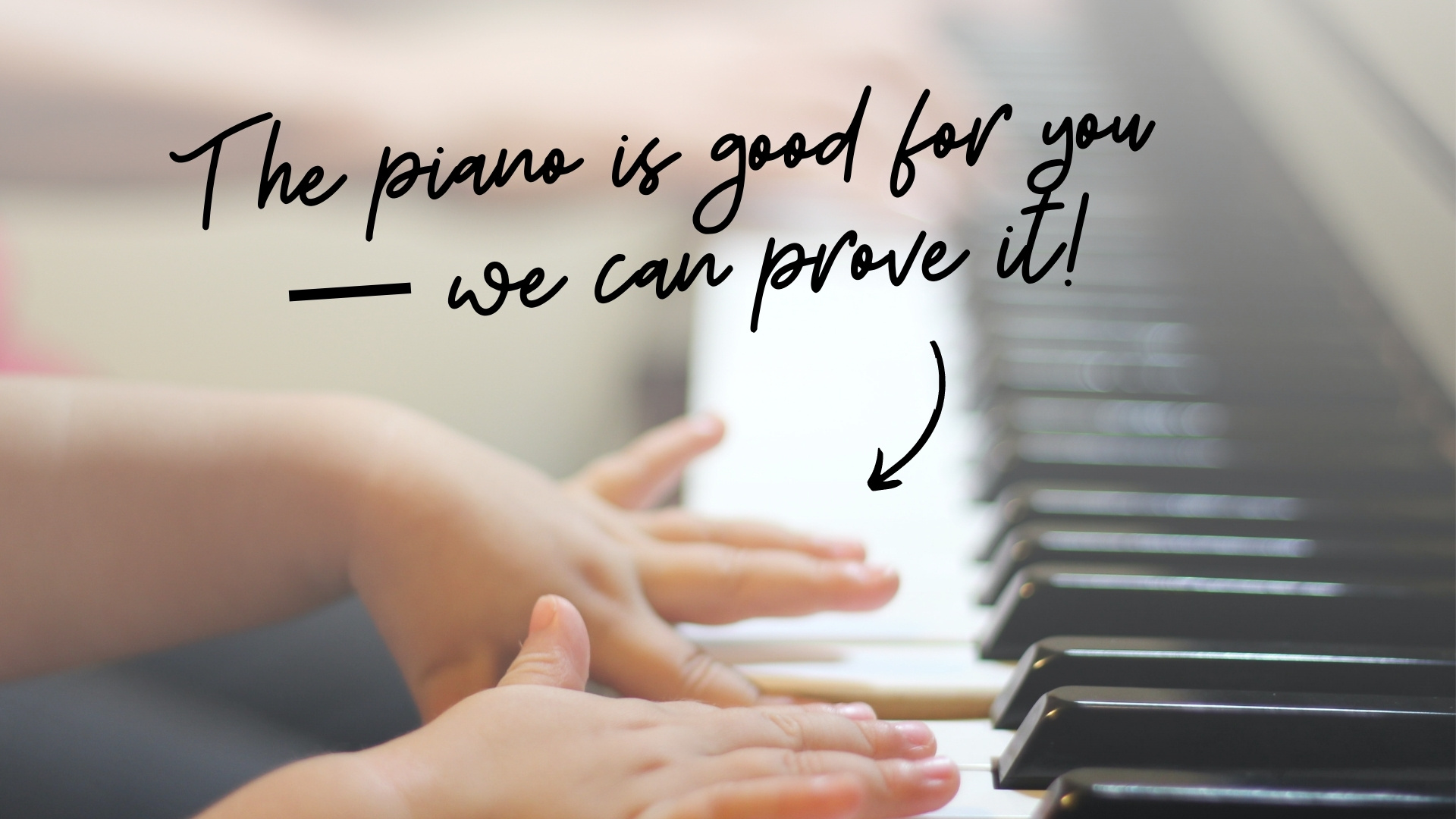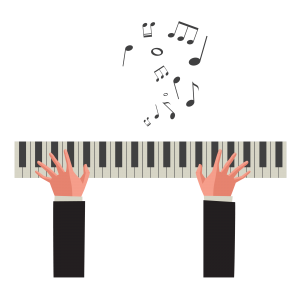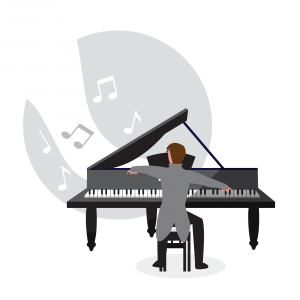Why the Piano is Good for You
July 13, 2021

As piano aficionados, we often get asked about the benefits of the piano. Whether you play it yourself or listen to someone else, engagement with the piano can do wonders for both your physical and mental health.
Though randomized trials have found no correlation between IQ and music lessons in young children, scientists have confirmed that the fine-motor and auditory skills gained during these early years of practicing have benefits that last long past the last time you picked up an instrument. In a 2012 study conducted at the University of Maryland by scientists Brenda Hanna-Plady and Byron Gajewski, it was found that those who studied an instrument before the age of nine had advanced verbal working memory (i.e. the ability to remember something and then perform a task based on that memory) compared to their non-musical counterparts. Those who played an instrument for more than 10 years over a lifespan enhanced their cognitive functions into advanced age.

Are you still using the skills you picked up in adolescence? Those who practice an instrument at least one hour a day have a higher amount of gray matter in their brains than non-musicians, says a 2003 study. Gray matter is the ‘processing center’ of your brain: signals generated in your sensory organs (i.e. your five senses — taste, touch, smell, sight, and sound) are sent to the neurons located in your gray matter which then control fine motor skills, coordination, and precision. Memory and thought are also stored in the gray matter that lines our brains, known as the cerebral cortex. Wonder why this is? Scientists point to the multi-tasking involved with interpreting musical notation into physical action.
If you never picked up the piano as a child, it’s not too late to reap the benefits for your cognitive well-being. In a 2013 study conducted by researchers in Barcelona, Spain, 13 participants aged 60 and up took piano lessons and practiced daily for four months in comparison with 16 age-matched participants who did other leisure activities daily such as physical exercise, computer or painting lessons, etc. After four months, the participants who studied the piano were shown to have increased their inhibitory control and divided attention skills better than those who tried other leisure activities. Their mental quality of life also increased more substantially than in the other individuals; they had decreased signs of depression, leading to a decrease in their likelihood of developing dementia or cardiovascular diseases.

If playing music has never been your forte, don’t fret! Listening to music does wonders for your mental health as well, similar to that of meditation, concluded a 2016 study conducted on adults battling memory loss. Choosing the right music is key to its positive effects, though. Based on the findings of a 2015 study, pick your music in relation to the way you want your heart rate to be. Slower pieces with less beats per minute and a major key will most likely have a calming effect while faster paced songs in a minor key may do just the opposite.
Have a story about how piano has shaped your life? Send us an email at [email protected] or leave us a comment on our Facebook page!
